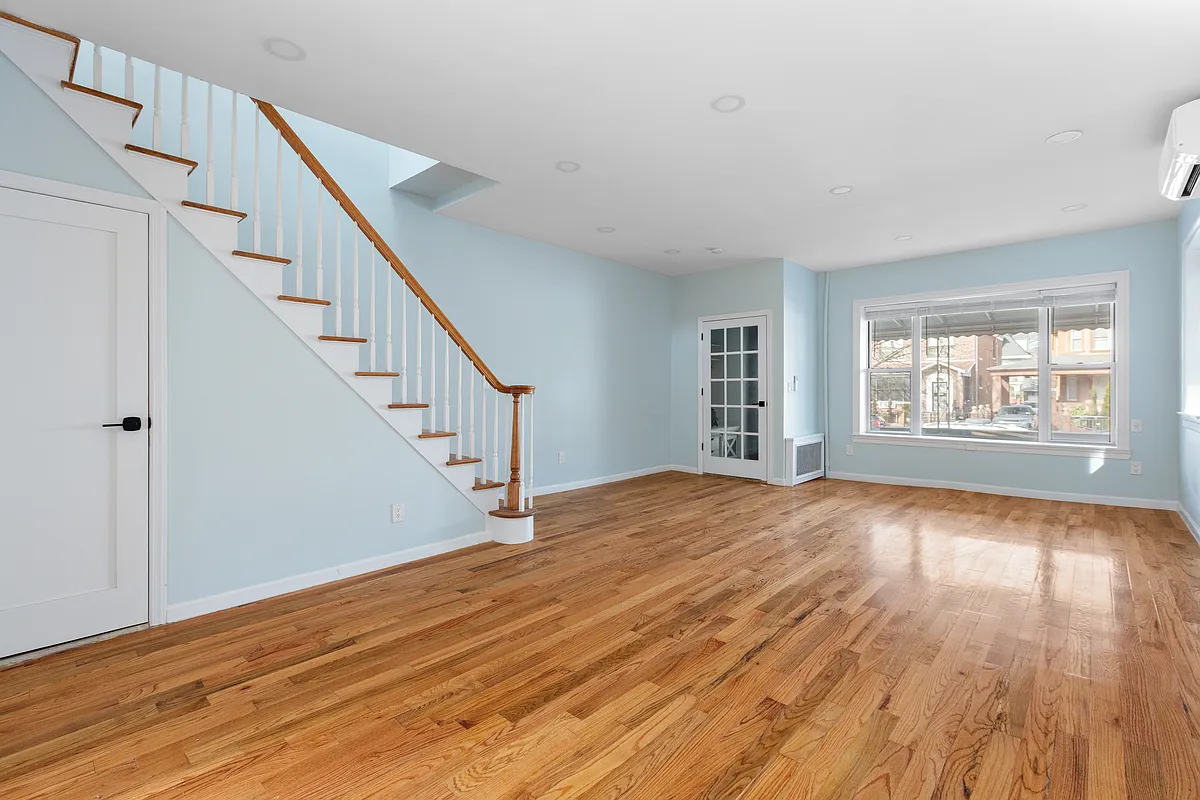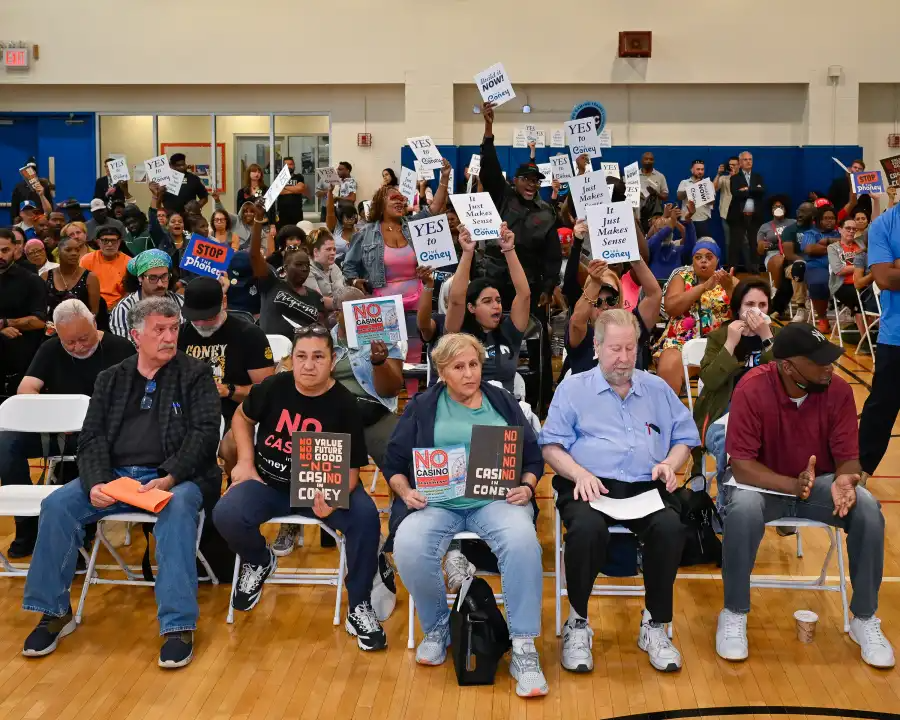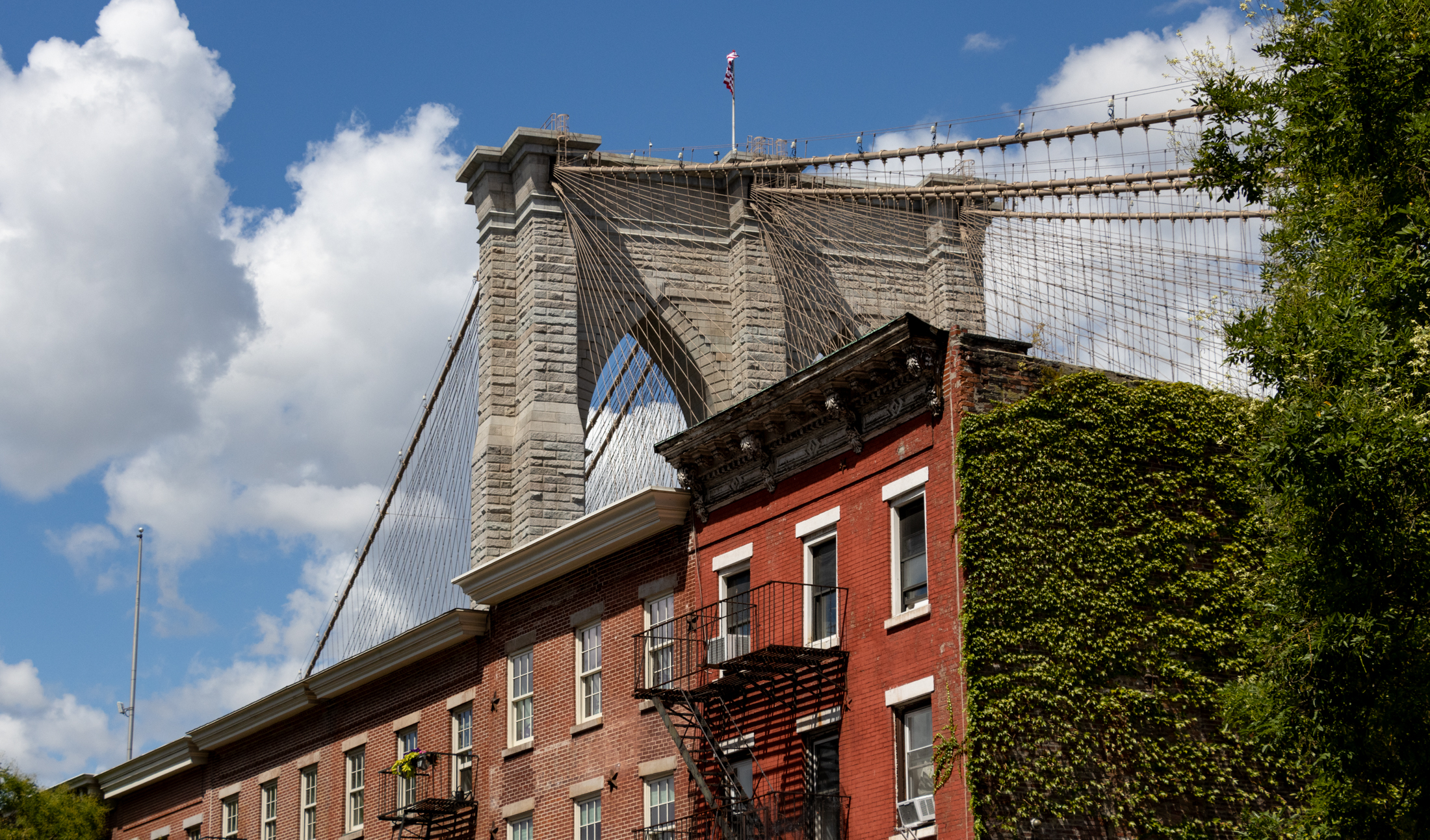Open House Picks: Townhouses
Carroll Gardens 361 DeGraw Street Brownstone RE Sunday 1-3 $1,650,000 GMAP P*Shark Bedford Stuyvesant 53 Monroe Street Corcoran Sunday 12-2 $1,150,000 GMAP P*Shark South Slope 212 16th Street Douglas Elliman Sunday 12-1:30 $1,100,000 GMAP P*Shark Crown Heights 271 Brooklyn Avenue Ettelson RE Sunday 1-3 $799,000 GMAP P*Shark

 Carroll Gardens
Carroll Gardens
361 DeGraw Street
Brownstone RE
Sunday 1-3
$1,650,000
GMAP P*Shark
 Bedford Stuyvesant
Bedford Stuyvesant
53 Monroe Street
Corcoran
Sunday 12-2
$1,150,000
GMAP P*Shark
 South Slope
South Slope
212 16th Street
Douglas Elliman
Sunday 12-1:30
$1,100,000
GMAP P*Shark
 Crown Heights
Crown Heights
271 Brooklyn Avenue
Ettelson RE
Sunday 1-3
$799,000
GMAP P*Shark





>Rent Control and Housing Investment: Evidence from Deregulation in Cambridge, Massachusetts
Overall 20% increase in housing investment post rent-control elimination in Cambridge, MA, across all economic strata.
Rents have increased, yes, but the market can be a bitch sometimes. There’s no logical reason for a CPW classic six to be renting for $300/mo.
I am also interested in finding out how the market prices the DeGraw Street house. It has been on the market for some time, and not moved. It is my understanding that one of the RC tenants lives with her son (as noted above) and that his sons live with them too. As a buyer, you are facing an essentially permanent RC apartment with no hope of market-rate rentals. I am not sure of the other RC apt.
There has to be a significant discount on the property. Why is anyone going to buy a duplex with modest rental income for $1.6MM?
Happen to have a link to this authoritative study? Does it happen to come from the Cato Institute? Come on. We’ve been through this before, no?
About a year ago I was reading a study about rent differences in cities with and without rent stabilization. The findings were that cities with RS basically had two separate markets.
In cities without RS, rents for available apartments typically fell around the average rent – sometimes below, sometimes above – in a bell curve. Advertised asking rents and currently paid rents had a similar curve. However, in cities with RS(and I believe NYC was the worst), there was one curve showing actual rents being paid, and a much higher curve showing rents for available apartments.
The average rent in NYC at the time of the study was something like $650/month, and the average rent of available apartments was $1500/month. I don’t have the study in front of me, but I believe they controlled for apartment size.
Rent stabilization lead to much higher free market rents, rather than a more natural range of rents. A few benefit greatly from RS, and many pay higher prices than they would if the market truly were a free market. Boston got rid of RS, and I heard that average rents went down. And although the retiree could no longer afford the 3-BR in a prime locale, all middle and lower class housing didn’t disappear.
I agree that it’s important to keep low-income housing, but RS does not seem like an efficient way to do it.
glarph, I really wish that were true, but the fact is, he didn’t replace the boiler at all. And at first, before telling me the rent was going to go up, he flat-out told me that he wasn’t going to renew my lease cause I had caused him “too many problems.”
And Anon at 7:59, I don’t see how the landlord making an extra say, $1000/month somehow benefits the neighborhood more than the tenant saving that amount on rent. The tenant could spend that extra cash in local businesses. Or the landlord could.
But either way, you’re still just thinking of the neighborhood in terms of cash flows and not as a place people call home. RS/RC protects a neighborhood (and some of its inhabitants) from the brute forces of the market and gives it (and them) a chance at some continuity. I think that’s a benefit, even if it’s not necessarily monetary.
It could be possible that the landlord raised your rent after replacing the boiler not to be vindictive, but to cover his costs.
I know that the lovely young ladies who rent an apartment from me keep making me have to call in a plumber as they (admittedly) flush cotton balls, cardboard tubes and other “non-essentials” down the commode. Am I going to take the cost of that into consideration when it time to re-sign? You bet I am.
I realize that not all rent-stabilized tenants are elderly or disabled or low-income. But I also know that RC/RS is one of the only things that gives residents some assurance of not getting kicked out of their homes as soon as their lease is up. If every apartment in NYC got jacked up to current market-rate every year when the lease came due, you can bet your stake in American capitalism that there wouldn’t be any elderly or disabled people left in certain neighborhoods, much less any Puerto Ricans, Poles, African Americans, writers, artists, social workers, people with children, people with dogs, and generally, people who want to live in the neigborhood cause it’s been their home for years.
On the macro level, RS/RC have forced neighborhoods to gentrify at a much slower pace than they would have naturally over the past ten years. And I for one am happy about that. And it’s not like either RC or RS guarantee that an apartment will stay below market rate forever. They just slow the inevitable.
On the micro level, let’s say you live in a non-stabilized apartment and you’ve lived there several years and you love the neighborhood and you want to stay there. Let’s say you make a decent salary, you’re not low-income, but you’re not in the market for a brownstone or anything. Let’s say the neighborhood is on of those places that’s gentrifying at a rapid rate, but your landlord has only raised the rent by nominal increases every year cause you’re a good tenant who pays your rent on time and you don’t bother him for little things. Let’s say one year you need certain repairs done to your apartment (because, say, the heat and hot water only work 50% of the time), but when you call the landlord, he just refuses to make these repairs cause it would entail replacing the whole boiler, and you freeze your tush off for several months, and finally decide to call the city. And the landlord gets mad and wants you out, so he just raises the rent to “market rate” when your lease is up that year. You’re essentially being evicted because you asked for perfectly legal repairs.
And it’s not that the landlord’s wife is having quadruplets and they need your apartment for a nursery, and it’s not that he’s hurting for money and needs to raise the rent. And it’s not like he won’t have to replace that damn boiler at some point, if he intends on renting the apartment out in the future. In fact, as far as I know, my previous landlord STILL hasn’t bothered renting my old apartment out (yes, that was me), two years later. He was just being vindictive. And I know I’m not the only one in the city who’s been through that.
I can’t help it, I heart rent stabilization.
And, Bottle, (sorry for the length of this post) I do agree: low-income housing is a big issue. And I’m all for it. But in the run-away NYC real estate market of the past few decades, there has been little to no political will to create enough affordable housing for the city’s lower or even middle classes, and rent stabilization has done a good job of taking up the slack. It’s done its job, and now it’s slowly disappearing, as RS apartments hit the $2000 legal rent line and people die or move out of their RC apartments.
“And all this talk of RC/RS tenants as if they’re some cancer to get rid of only encourages landlords’ tendency to view their property in terms of its cash value to the exclusion of all other considerations (such as the contribution it makes to their neighborhood, for example). That’s just irresponsible and short-sighted.”
I don’t even understand this logic. How does having a person paying $239 a month “contribute” to the neighborhood if the market rate for that same space is hundreds, if not thousands of dollars more? For many, many people, this “cash value” you speak of is the bulk of their entire investment in the great American capitalist system, allowing them great flexibility to do things as provide for their parents medical care, or send their kids to college, or take an exotic vacation, whatever they choose to do with money borrowed vs. the value of the home.
With entrenched, retroactive policy such as rent-stablization, these potential investments are stripped of their potential and depress the value of the homes in the surrounding areas, as buyers move on to more solid, and wealth-generating possibilities.
Unfortunately, for many prospective owners, this unfairly rewarded tenants do represent an unfair, and imbalaced weight on a site’s value. As sad as they may be, on the humanitarian side.
That’s why I, for one, would never, ever buy a building in that sort of situation, as the moral and psychological tax is too high to pay, in my opinion.
Unless of course it was a park block.